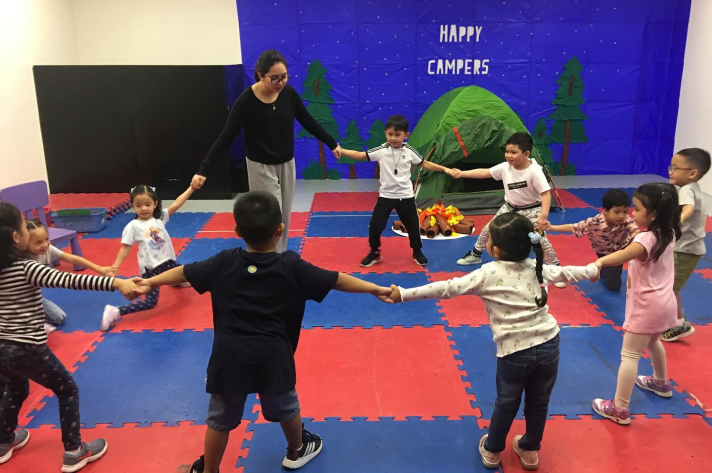
- September 5, 2024
- Admin
- 0
Educational Games for Kids
While gaming was once solely an entertainment activity, today, it is recognised as a powerful educational tool that engages and teaches children valuable skills. Current research shows that Educational Games for Kids lead to more effective and productive learning. Since most students already know the content of most games, they easily connect with the characters, stories, and objectives. The built-in reward system in games keeps them motivated and engaged — the same way that Pavlov’s dog is motivated by a treat whenever he hears a bell. But what are the benefits of educational games for children? What can parents, caregivers, or teachers do to change this initial adverse reaction to additional screen time when the game goes online? To get a comprehensive overview, scroll down.Why Do Educational Games for Kids Games Matter?
1. Increase Engagement: Games attract children’s attention and encourage them to learn actively.2. Develop Critical Skills: These games improve problem-solving, critical thinking, and decision-making skills.3. Reinforce Learning: They offer chances to practice and apply concepts learned in school, such as those taught in excellent elementary schools in Pasig.4. Engage Different Learning Styles: The games can include elements of visual, auditory, and kinesthetic learning styles, making them available to a broader range of learners.5. Create a Positive Mind-set Towards Learning: Games that make learning exciting help to create a passion for knowledge that goes far beyond the screen. It is a critical factor in setting the foundation for early education, similar to what many schools in Manila deliver.Educational Games for Kids
Here are the different categories of Educational Games for Kids:.1. Reading Games:
These games have a reading base. They mainly include the phonics exercise, in which a child associates sounds with letters and words in their world. The vocabulary is also developed as new words are learned with their meanings in interesting surroundings. In addition, reading comprehension activities, like interactive storybooks and comprehension quizzes, are given so that the child learns to understand and interpret written text.2. Writing Games:
Such writing games enhance creativity and foster the development of better writing. Many Educational Games for Kids provide prompts to stimulate the imagination and encourage children to read new stories. Creating sentences can assist the child with an understanding of the elements that make a sentence coherent and how the mechanism behind grammar works. Grammar-building practices make for more substantial mastery of proper usage and mechanical elements. Games involving writing encourage confidence and fluency.3. Math Games:
It teaches math entertainingly and interestingly in elementary schools in Pasig and ranges from basic arithmetic to advanced levels. Number puzzles improve a child’s number sense and also develop problem-solving abilities. Practice and reinforcement will take place through interactive worksheets.4. Camp Cosmo:
Camp Cosmo includes interesting space-exploration backgrounds or other themes and allows education through numerous subjects. They can range from scientific concepts to historical facts or geography in an exciting storyline that holds the children’s interest and attention.5. Brain Games:
These games enhance children’s cognitive skills, such as memory, attention, and logic. Memory matching games in schools in Manila assess and develop short-term memory. Logic puzzles make the child think strategically and critically, making them a fun way to sharpen mental skills and improve cognitive performance.

